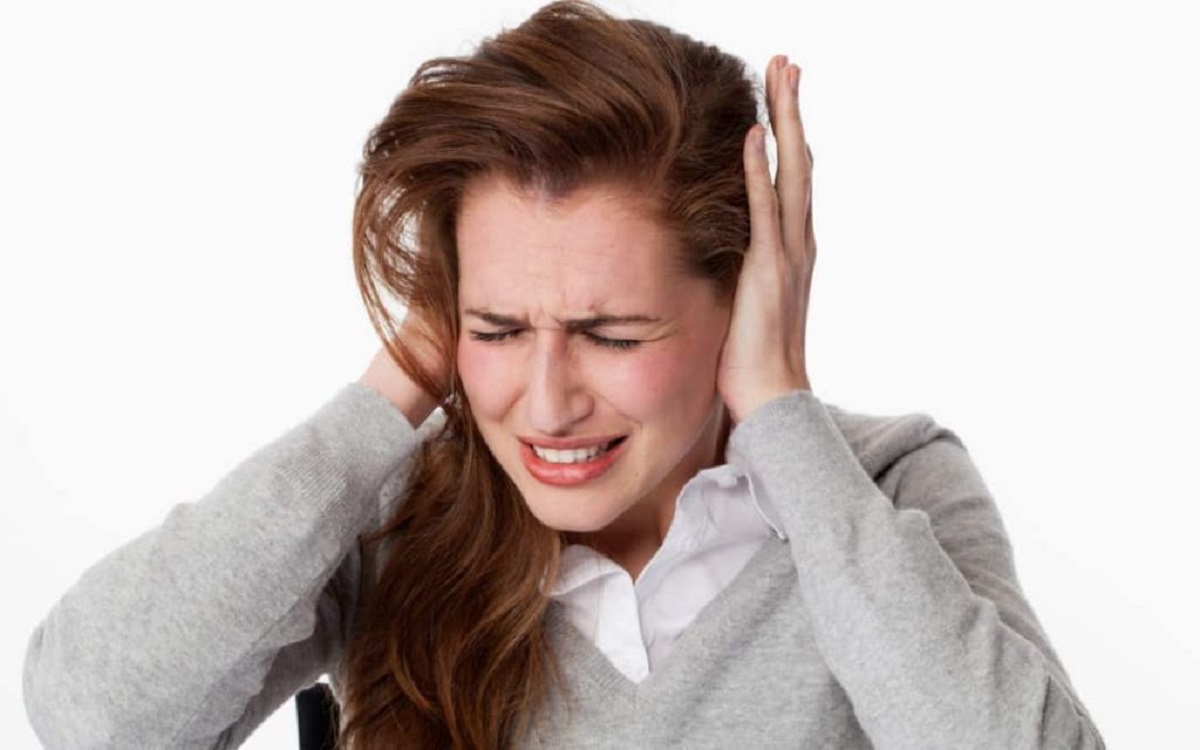The 4 Impact Of Listening To Loud Music: Health Risks And Societal Concerns

Impact Of Listening To Loud Music: Listening to loud music is a popular activity, especially among young people. While it provides a sense of enjoyment and can be a form of emotional release, high-volume music listening has considerable health implications.
From damaging hearing to impacting mental well-being, consistently listening to loud music can lead to long-term health issues. This essay explores the effects of loud music on hearing health, the associated psychological and physiological risks, and the cultural factors that contribute to this trend.
The 4 Impact Of Listening To Loud Music
Hearing Loss And Ear Damage

Impact Of Listening To Loud Music, One of the most immediate risks of listening to loud music is hearing damage. Prolonged exposure to sound levels above 85 decibels (dB) is known to contribute to hearing loss, with higher decibels accelerating the risk. The World Health Organization (WHO) warns that nearly 1 billion young people are at risk of hearing loss due to excessive use of personal audio devices, often listened to at high volumes.
Over time, the inner ear’s hair cells, which are responsible for transmitting sound signals to the brain, can become damaged and lead to permanent hearing loss.
Psychological And Mental Health Impacts
Impact Of Listening To Loud Music, Listening to loud music can also have psychological effects. Studies suggest that loud music may induce feelings of excitement or release dopamine, which can explain its appeal, especially in social settings. However, exposure to high decibel levels can also lead to stress, anxiety, and irritability due to its overstimulation of the brain. Some research has linked loud, fast-paced music to increased aggression or heightened emotions, which could influence behavior.
Physiological Effects: Beyond The Ears
Impact Of Listening To Loud Music, Loud music can impact more than just hearing; it can also influence physical health. Exposure to high decibel levels can trigger the release of stress hormones like cortisol, which, over time, may strain the cardiovascular system. Individuals frequently exposed to loud music may experience increased heart rate and blood pressure, which, when sustained over long periods, could contribute to heart-related issues. According to studies, environments like concerts or clubs, where loud music is prevalent, can often increase individuals’ overall stress levels due to the combination of high-volume sounds and crowded spaces.
Cultural And Social Aspects

Impact Of Listening To Loud Music, The popularity of listening to loud music can also be attributed to social and cultural factors. For many, loud music is synonymous with entertainment venues, live concerts, and social gatherings. It creates an immersive experience that makes music feel more powerful and engaging. Furthermore, many people view listening to loud music as a form of self-expression, particularly in younger demographics. These social factors play a significant role in the widespread habit of listening to music at high volumes, despite its potential health risks
Conclusion
Impact Of Listening To Loud Music, While listening to loud music provides enjoyment and emotional connection for many, it poses several health risks. Beyond the well-documented threat of hearing loss, the physiological and psychological effects are concerning, especially for individuals exposed regularly to high-volume music. Education on safe listening practices, like using noise-canceling headphones to avoid increasing volume in noisy environments, can help mitigate these risks. As awareness grows, individuals can make more informed choices, balancing their love for music with a commitment to preserving their health.
Also Read:
The Power Of Music: Enhancing Life Through Listening
Physical Health: New Research Findings, “Western Classical Music” Enhances Mood
Firstborn Mental Health: Firstborn Children More Likely To Suffer From Depression And Anxiety




